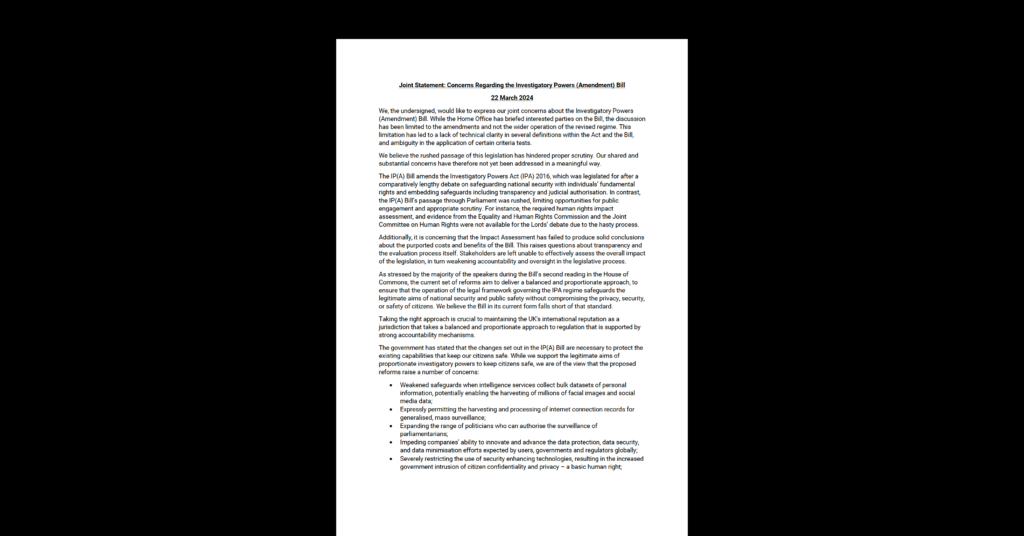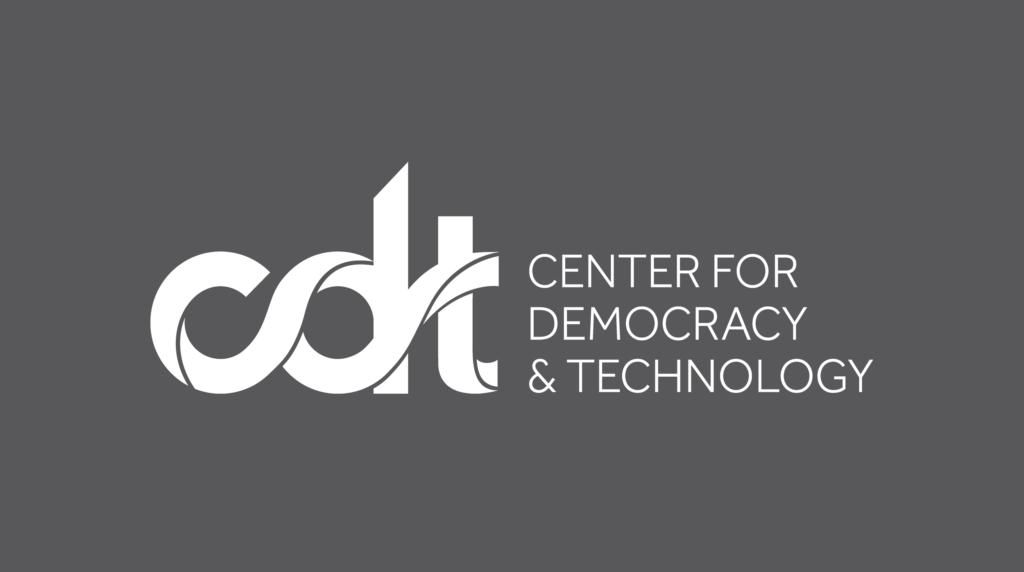CDT Signs on to an Open Letter addressed to the Council on the E-Evidence Proposal
Dear Madam/Sir,
We are writing on behalf of 18 civil society organisations from across Europe and beyond. In view of the upcoming Council meeting regarding the draft Regulation on European Production and Preservation Orders, we urge you to oppose and seriously reconsider the draft general approach. We join the eight Member States that wrote to the European Commission and the Austrian Presidency asking to take into account input from stakeholders, including civil society. The “compromises” presented by the Austrian Presidency fail to solve the fundamental concerns of the “e-evidence” proposals. For example, the text
- greatly reduces the possibility for enforcing authorities to refuse recognition and enforcement of an order on the basis of a violation of the Charter of Fundamental Rights;
- wrongly assumes non-content data is less sensitive than content data, contrary to case law of the Court of Justice of the European Union (CJEU) and the European Court of Human Rights (ECtHR) – notably the CJEU Tele 2 judgment (cf. para.99) and the ECtHR’s case BigBrother Watch and others v. UK (cf. para.355-356);
- contemplates the possibility to issue orders without court validation, disregarding what the
- CJEU has consistently ruled, including in its Tele 2 judgment (para. 120).
- does not provide legal certainty; and
- undermines the role of executing states, thereby undermining judicial cooperation.
Civil society is not alone in raising serious concerns. Similar views have been expressed by the European Data Protection Board (EDPB), judges such as German Association of Judges, companies like Internet Service Providers, academia, Bar Associations, the Meijers Committee, among many others. We value the role of law enforcement to protect society and understand the need for law
enforcement authorities to perform their duties effectively. However, efficiency should not be achieved at the expense of weakening fundamental rights, legal safeguards and judicial cooperation. We thank you in advance for your time and consideration.


